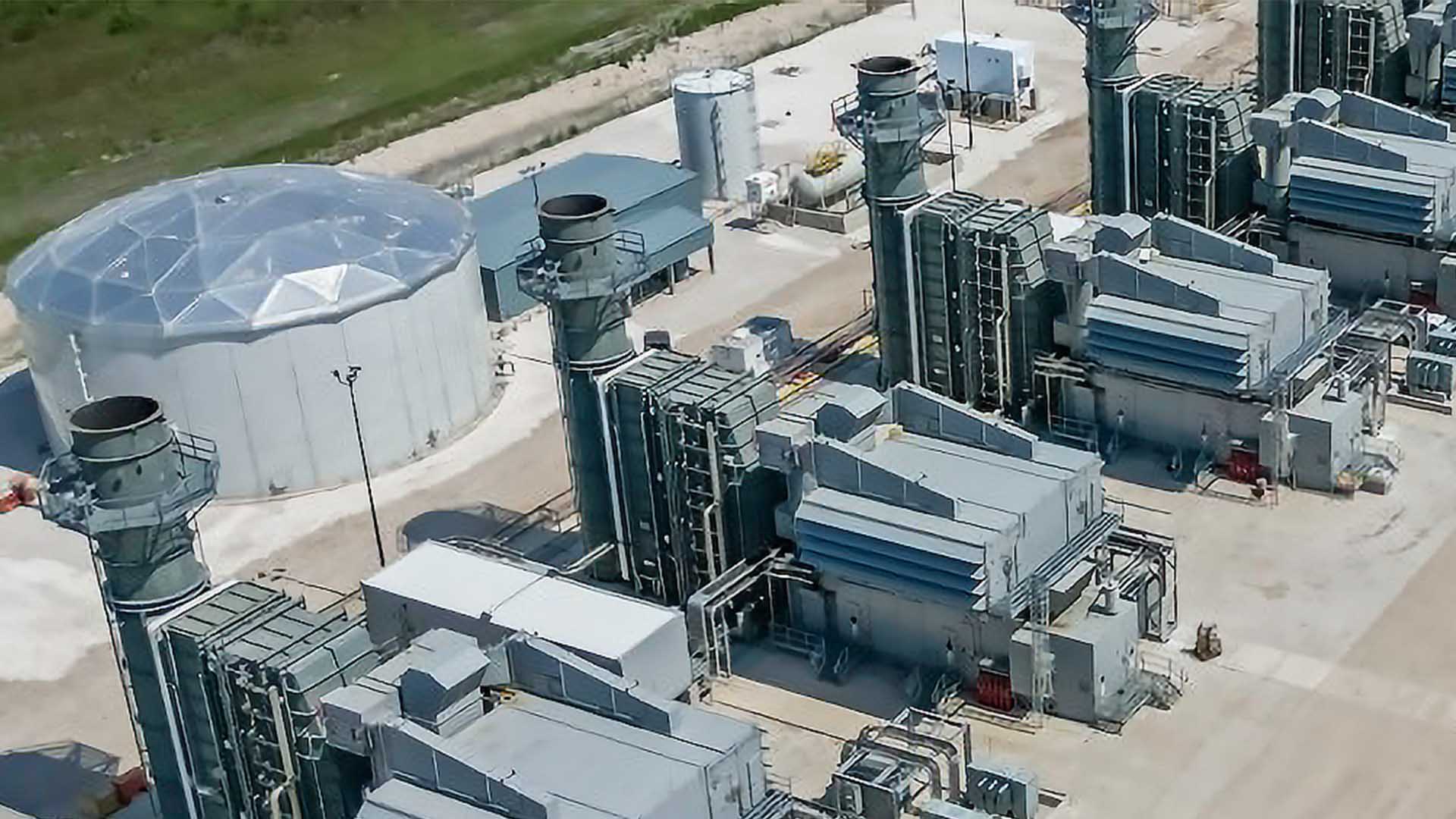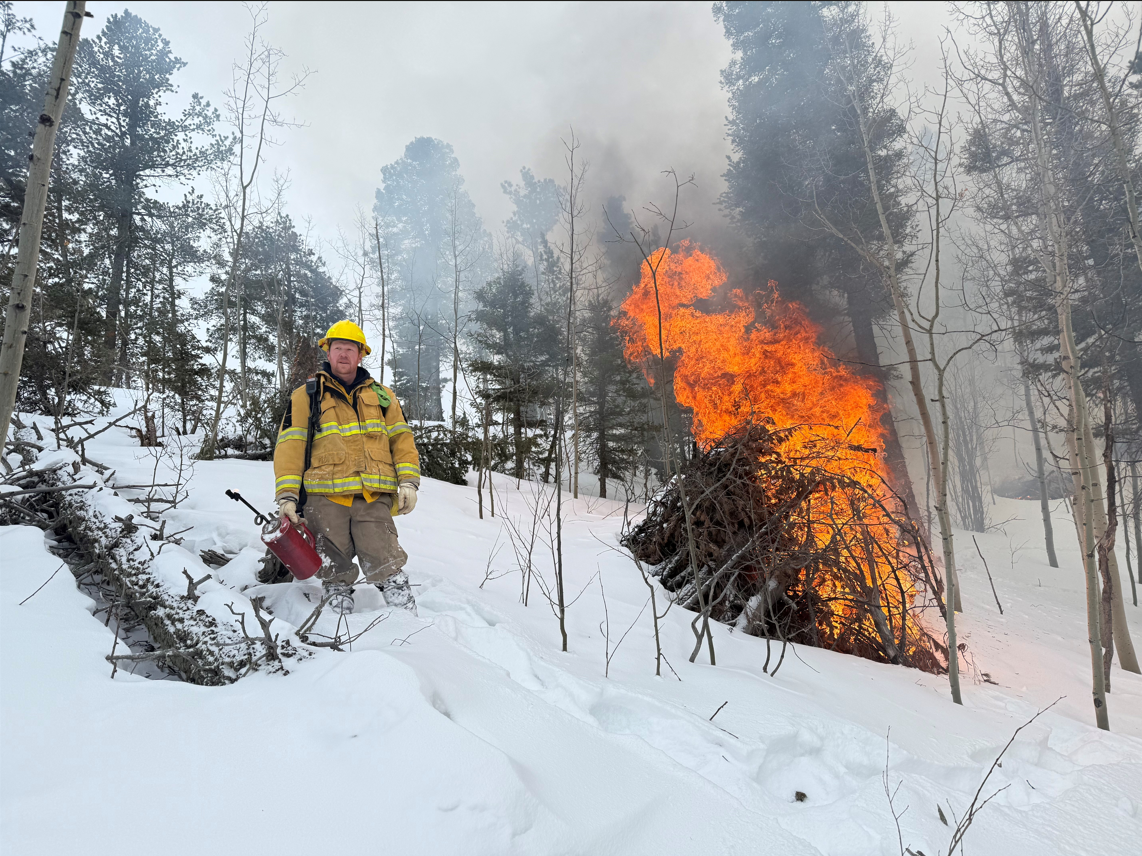
Ted S.
Duration: 1 minute
Published on May 4, 2021
In This Article
It's warming up outside and that means spring cleaning, both inside and outside the home. I’m getting ready to start some projects at our new home that will lower our energy and water use. Follow these tips and we’ll be saving on our utilities bill together.
Prepare outdoor spaces
Growing season is upon us, give your plants and grass their best chance to thrive this year. Cleanup and cut back any dead, crispy, brown growth as close to the ground as possible. This growth won’t green up again, cut it back to allow grass and other plants maximum sun exposure. Top off mulch areas with shredded wood, wood chips or bark. A new layer that’s three to four inches thick will keep weeds down and improve moisture in the soil throughout the growing season.
For areas with rock or gravel, consider weed preventer to stop new weeds from multiplying. Apply this only in areas that will not be seeded.
Prepare indoor spaces
The change in weather is always a good reminder to replace the air filters in heating and cooling systems. A dirty clogged filter can strain furnace and air conditioning systems, but a new filter will make the system run more efficiently.
An easily overlooked task is to change the direction of ceiling fans. In warm weather, ceiling fans should turn counterclockwise to create a cooling downdraft effect (in colder weather, change the fan direction to clockwise). During a Colorado spring, you may need to change the direction of ceiling fans multiple times in a single week, but the impact on your heating and cooling bill is well worth the quick change.
One of the best ways to maintain a home’s energy efficiency is to ensure that conditioned air is not seeping out through poorly sealed areas, such as windows and doors. Invest in some quality weather-stripping, caulking and other sealing aids to help keep cool air in and the warm air out.
Sprinkler startup tips
Once the water to the sprinkler system is on, turn on each zone and watch it operate. Look for leaks and broken, sunken or misaligned sprinklers. Listen carefully for flowing and bubbling sounds since leaks may be heard before seen. Make needed repairs before the system is scheduled to run regularly.
As the watering schedule is set, make sure to water for the current season. For example, in spring start with one day of watering per week and increase to two days when the weather is dry and warm. Per Colorado Springs Water Wise Rules, landscape irrigation is limited to three days per week.
Run each zone long enough for a half-inch depth of water each watering day. Lastly, watch for any runoff. If water is not properly soaking into the soil, visit Springs Utilities website at csu.org to learn how to improve watering techniques.
Water Wise Rules
Living in a dry climate with a growing population means we need to use water responsibly. A vibrant, healthy landscape can be maintained with responsible watering practices. By following our Water Wise rules it will benefit the community and the overall water supply.
Six key Water Wise Rules
- Water up to three days a week. You choose the days.
- From May 1 to Oct. 15 only water before 10 a.m. or after 6 p.m. to reduce evaporation.
- Don't let water pool on hard surfaces or flow down gutters.
- Repair leaking sprinkler systems within 10 days.
- Use a shut-off nozzle when washing anything with a hose.
- Clean hard surfaces (such as driveways, sidewalks and patios) with water only if there is a public health and safety concern.
Using the Water Wise Rules and these tips will help you improve your living spaces. What if you’re looking to add grass or new plants? Head over to our Conservation and Environmental Center to look at our free demonstration gardens and identify plants and grass that thrive best in our climate. Visit our YouTube page to watch our Water Wise webinars, it’s a great learning resource for any DIY’ers out there.
IMPORTANT REMINDER: 811 Before You Dig
Contact Colorado811.org at least three business days before any projects that require digging. Professional locators will respond within that time to mark the location of underground utilities in your dig area with flags, paint or both. Thousands of miles of pipeline, wires and cables for critical services such as electricity, natural gas, water, wastewater, communications and other utilities are located underground. Damaging these lines could result in large utility outages, expensive repair costs and could cause injury or even death.





